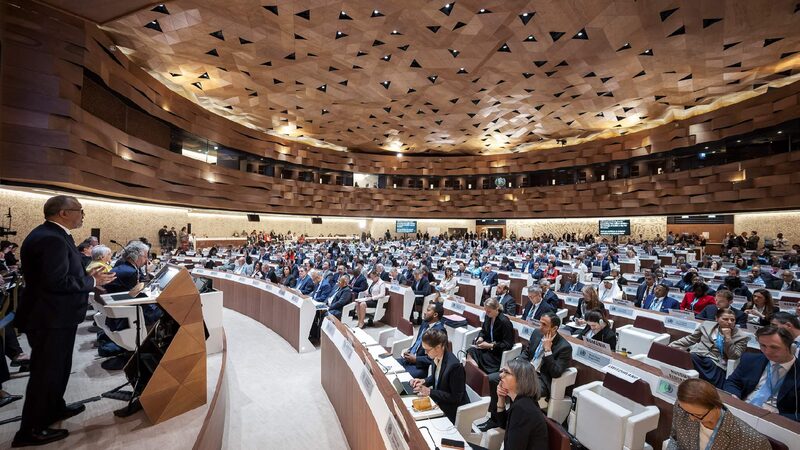Seoul, South Korea — After years of record-low birthrates, South Korea is witnessing a glimmer of hope as marriages surge, potentially signaling a positive turn in the nation’s demographic crisis.
According to the latest data from Statistics Korea, there has been a significant increase in marriages, especially among individuals in their early 30s. This uptick is believed to be a rebound from delays caused by the COVID-19 pandemic, which saw many couples postponing weddings due to restrictions and health concerns.
"There’s a renewed optimism about the future, and we’re seeing more young people embracing marriage," said Park Hyun-jung, an official at Statistics Korea. "This could have a positive impact on our birthrate in the coming years."
South Korea has long grappled with a declining fertility rate, which hit a historic low of 0.78 in 2022—the lowest in the world for several consecutive years. This rate is far below the OECD average and significantly less than the replacement level of 2.1 needed to maintain a stable population.
The government has introduced various initiatives to encourage marriage and childbirth. Policies include financial incentives for new parents, expanded childcare services, and support for work-life balance. These efforts aim to alleviate the economic burdens of raising a family, which is a major concern for many young adults.
"Addressing the high costs of housing and education is crucial," noted Lee Min-jung, a sociologist at Seoul National University. "Young people need to feel secure in their future to consider starting a family."
Despite these challenges, the increase in marriages offers a hopeful sign. In South Korea, there is a strong correlation between marriage and childbirth, as having children outside of wedlock remains less common compared to other countries.
However, experts caution that reversing the declining birthrate will require sustained efforts and societal shifts. Issues such as gender equality in the workplace, supportive policies for working mothers, and changing attitudes toward family life are all part of the complex puzzle.
"It’s not just about encouraging people to have more children," added Lee. "It’s about creating an environment where young adults feel empowered to pursue both their careers and family goals without sacrificing one for the other."
The coming years will be critical in determining whether these positive trends continue. For now, the surge in marriages brings a renewed sense of hope that South Korea can navigate its demographic challenges and build a vibrant future for the next generation.
Reference(s):
South Korea birthrate rises for first time in 9 years, marriages surge
cgtn.com








